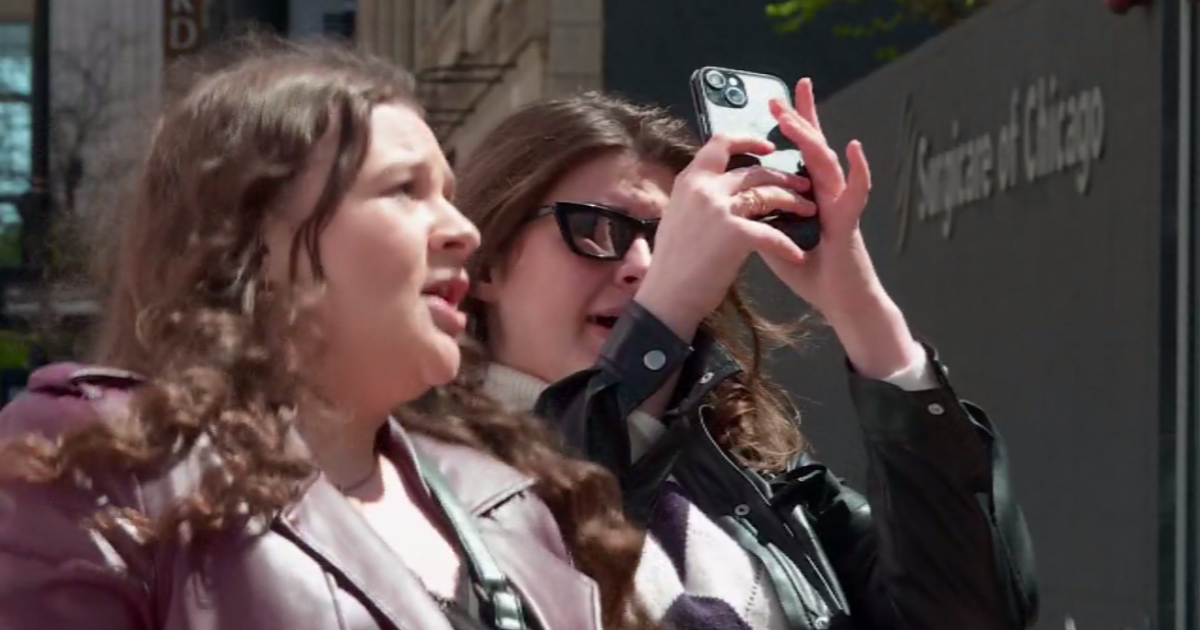Feds Issue Subpoenas In Criminal Probe Of Boeing 737 Max Approval Process
CHICAGO (CBS) -- Lawsuits are piling up for Boeing, and now the Justice Department is issuing subpoenas in the wake of two deadly plane crashes involving its 737 Max aircraft.
The FAA has grounded all Boeing 737 Max 8 and Max 9 planes in the wake of the Ethiopian Airlines crash on March 10, and the Lion Air crash near Indonesia last October. A total of 346 people died in the crashes.
The FBI is assisting in a criminal investigation into how Boeing's 737 Max was certified to fly. The Justice Department is focusing on Chicago-based Boeing's certification and marketing for its 737 Max aircraft.
Sources briefed on the investigation said the criminal probe began after the crash of a Lion Air flight off the coast of Indonesia last October.
"The measures taken by Boeing after the first accident were not enough to avoid a second accident," said French aviation safety expert Jean-Paul Troadec.
A separate investigation is looking into whether Acting Defense Secretary Patrick Shanahan violated ethics rules by boosting products from Boeing, his former employer. He has denied the claim.
Meantime, the attorney behind another wrongful death lawsuit against Boeing promised it would be just the first of many. The lawsuit was filed in Cook County Circuit Court on Wednesday, centering around the Lion Air crash.
Steven Marks has represented both foreign and domestic victims in virtually every major plane crash over the past 33 years, and he said these Boeing crashes are different.
"Telling pilots they can fly what amounts to a terribly different aerodynamic plane, and not even advising them of the new equipment to me is the most outrageous things I've seen in aviation over the past 35 years," he said.
CBS News correspondent Kris Van Cleave reported this week that U.S. airline pilots were initially given just 56 minutes of training — on an iPad — about the differences between the new Boeing Max planes and the older 737s.
The Max 8 is outfitted with bigger, more fuel-efficient engines than earlier 737s, and the weight and positioning of those engines shifted the plane's center of gravity forward, increased the potential for the nose to pitch up after takeoff. To counteract this risk, Boeing developed software known as the Maneuvering Characteristics Augmentation System, or MCAS.
In the Lion Air crash, a sensor malfunction triggered the new MCAS anti-stalling system, pushing the nose of the plane down nearly two dozen times before the aircraft plunged into the Java Sea. It happened on the same plane the day before the crash. A third pilot riding in the jump seat identified the problem, and told the crew how to stabilize the plane. That crew did not report it.
Several pilots have said they were not trained on the new MCAS anti-stalling system in the 737 Max planes.
"It must have been just horrifying in the cockpit for these professionals. You know, it's been stated, 'It should have been a memory item.' Well, clearly it wasn't," former National Transportation Safety Board managing director Paul Goelz said.
Marks said he's already in touch with families of the victims in the Ethiopian Airlines crash, and said several more lawsuits against Boeing are likely in the coming months.
European and Canadian regulators are doing their own reviews of the changes Boeing is making to a key flight-control system.



